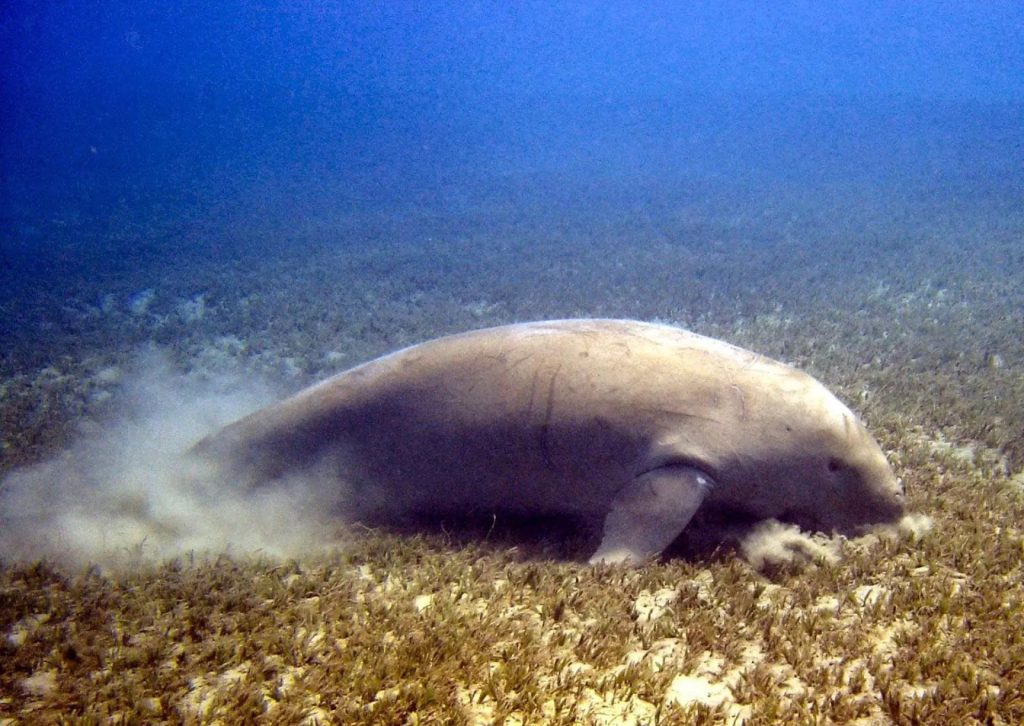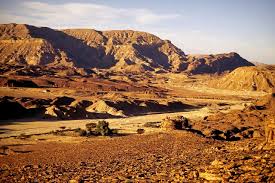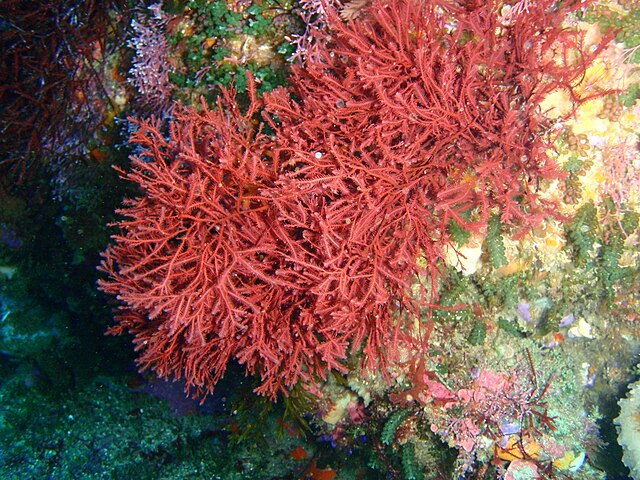
The quiet bays in the Melanesian archipelago are perfect for the sea grass meadows, which in turn means that it is fantastic for dugongs – animals also known as sea cows. Just a few years ago, these animals were a regular sight. Growing up to 4m long and 400kg, just a few years ago, it would not be an unusual day when you would see one of these animals in both the morning and afternoon. Now they are rarely seen.
Officially, they are only classed as vulnerable (one of the lowest forms of endangered), but given how long it has been, it is unclear how the population is doing. However, unfortunately, given fishermen (and other people on the wate), are encountering them so rarely, it is likely to have got worse. Dogongs in this area behave differently to Australia where they have huge seagrass meadows, so this full survey is certainly required.
Read more: Just how endangered is the Vanuatu dugong? First survey since 1988 underwayIt would be another area, where a growth in the ecotourism industry (ethical – not damaging the animals or stressing them) could be fantastic. Many surveys done on sea mammals, take on tourists to reduce their cost. Personally, I will always look for a research boat, as they want to be there, and will not go out if there is no chance of sightings.
The next-door population of New Caledonia was recently downgraded to endagered, and the east African population is classed as critically endangered.
Globally, the threats to these animals include gill-net fishing, boat traffic, coastal development and even hunting. Unfortunately, climate change is also a threat – rainstorms are becoming far more common, and these are damaging the seagrass, alongside cyclones.
Currently, it is estimated that the world looses 7% of its seagrass meadows each year. This should be concerning, as sea grass has a roughly equal ability to draw down carbon dioxide to land rainforests – so the more we loose the harder it will become to halt global warming. It should also be noted, seagrasses grow more healthily with dugongs present – help keep seagrass beds healthy by grazing on them, which controls their growth and disperses their seeds. This process is called “cultivation grazing”. The benefits on seagrasses include growth control (rapid growth can be bad for the long-term survival of the seagrass), disperse seeds (often with some ‘fertilizer’, which can help the seeds grow particularly well- and like various plants and elephants, seeds that have gone through a dugongs digestive tract is more likely to grow than those that do not), Improve genetic diversity (dugongs move between areas of the meadow, and take seeds with them) and help recovery after cyclones (by connecting areas of the meadow, reseeding meadows in danger from elsewhere where they are doing alright).
Unfortunately, this makes the dugong a keystone species – therefore, its loss would have a very negative impact on the whole ecosystem. Other species that rely on seagrass including sea turtles, manatees, a wide array of fish, many sharks are born in the seagrass, including lemon sharks nurse sharks, and bull sharks. A wide array of birds are similarly reliant.













